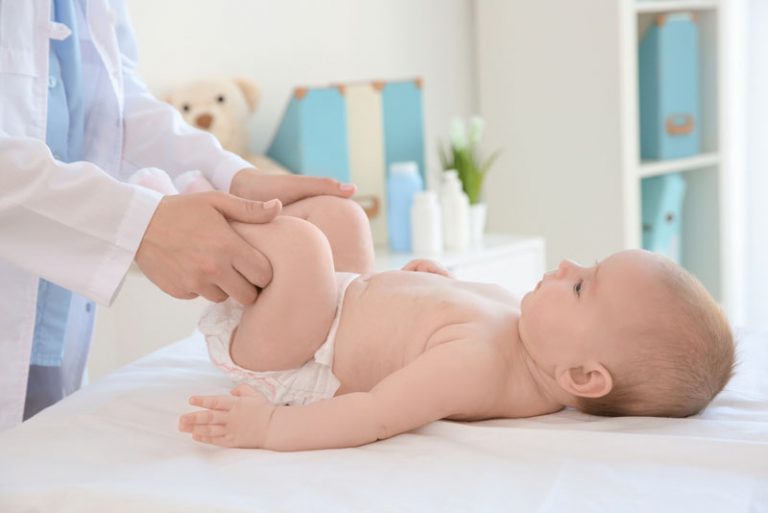When the biological mother in her normal menstrual cycle produces eggs, which are not healthy with a low potential for fertilization, embryos cannot be created by way of fusion with the sperms either through normal sexual intercourse or artificially in a laboratory environment. The same failure is encountered when the eggs produced by the biological mother is low in count. In these cases, the intending parents unsuccessful in conceiving would look for a woman who can supply them with eggs which have a high potential of fertilization by male sperms. Now, this is not that simple as it sounds. Social and legal barriers exist in many countries that put an embargo on egg donation. In these cases, the intending parents have no other option than to locate a country where egg donation is legally approved. They need to locate a reliable clinic in that country with past records of success and head for that selected destination. This is how the seeds of fertility tourism are sown, which arises from a quest to find a suitable egg donor.
The egg donors are generally young and healthy females aged between 18 and 35. They are contacted by the infertility treatment clinic of the destination country, which maintains a rich database of healthy egg donors with respect to their physical and mental health, family and medical history, habits and the level of education. The egg donors get into the clinic’s database through a complete psychological, medical and genetic screening, and the intending parents now have an option of selecting a suitable candidate from a pool of egg donors. The necessary legal and formal contracts are signed between the egg donor and the intending parents with the infertility treatment clinic acting as an intermediary between the two undertaking all functional responsibilities of egg donation process. Some intending parents have a specific fascination for a choice of egg donors like they might ask for Caucasian egg donors. Good and resourceful clinics have the right contacts. They would bring in a Caucasian egg donor as per the desire of the intending parents.
Unlike the surrogate mothers in gestational surrogacy, the egg donors are genetically connected with the baby to be born simply because it is her eggs that are donated that actively participate in the fertilization process. The egg donors are naturally in great demand. Hence it is plain and simple that the intending parents will look for egg donors of their choice in terms of ethnicity, color of hair, skin and eyes, looks, intellect and general personality traits that the baby will reflect as it grows up depending upon how much of female genetic material it draws in.
Egg donation is an integral part of assisted reproductive technology in which the donated eggs are fused with the sperms to achieve fertilization in a laboratory environment which is an essence of In-vitro fertilization process (IVF). The eggs which are not utilized in the fertilization process may be frozen and preserved for future use. When the egg donor is ready for the procedure she is given medical stimulation and the eggs are retrieved from the egg donor. The ovum fuses with the male sperms in a laboratory ambiance and fertilization takes place followed by the creation of the embryos by IVF. The best embryos are selected for implantation in the surrogate mother’s uterus.
The tests which an egg donor undergoes include blood type test, Rh-factor, pelvic examination, blood draw for testing hormone levels and ultrasound test to examine the ovaries. Since these evaluation tests are expensive and have to be borne by intending parents on fertility tour, they might ask of the clinic a guaranteed match of the egg donor as per their desire.
